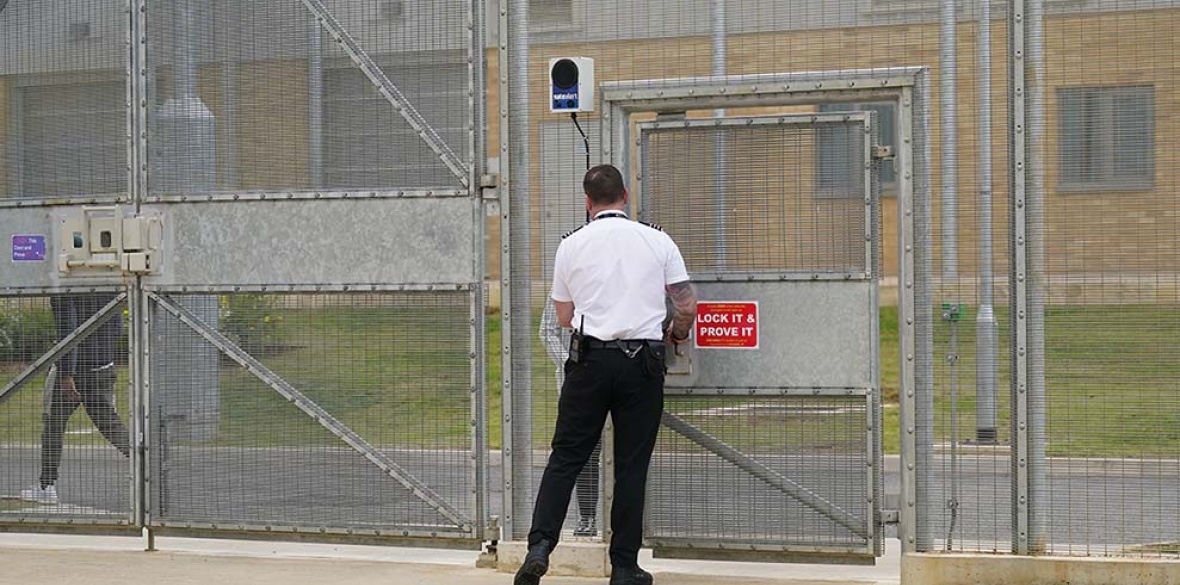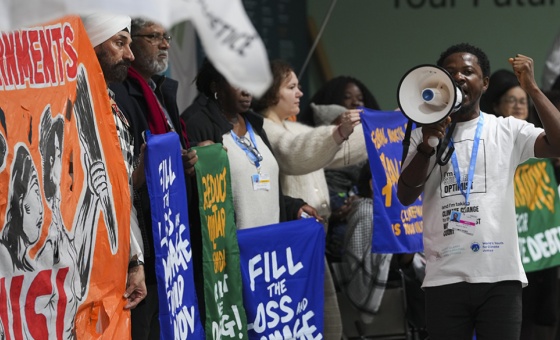This is the last article you can read this month
You can read more article this month
You can read more articles this month
Sorry your limit is up for this month
Reset on:
Please help support the Morning Star by subscribing here
EMERGENCY plans to avoid prison overcrowding were activated in the north of England today as more far-right rioters were being sentenced for their part in last month’s racist attacks.
Operation Early Dawn is a long-standing plan which allows defendants to be held in police cells and not summoned to a magistrates’ court until a space in prison is available.
The measure is placed in north-east England and Yorkshire, Cumbria and Lancashire, Manchester, Merseyside and Cheshire regions.
Downing Street said the plans could be triggered and deactivated several times over the next few weeks as needed.
Prime Minister Sir Keir Starmer said the government was making “really tough decisions, and nobody wants to take them,” as he repeated criticisms that Labour had inherited problems with prisons due to a “basic failure” by Tories to have enough prison places available.
Prison Officers Association national chairman Mark Fairhurst also blamed the Tories.
He told BBC Breakfast: “It has been an extremely pressured situation for several months now because we are so full, and that’s down to the previous government, let’s be honest now.
“They closed 20 public-sector prisons, they didn’t build enough new prisons, they didn’t create enough prison space and people are serving longer sentences.
“As we’re more overcrowded, there’s less regime we can offer.”
Mr Fairhurst warned that “we don’t have activity spaces for everybody in our care,” adding: “That leads to frustrations, and frustrations spill over to the front line.
“We work in the most hostile environment workplace of anywhere in the world. It’s absolutely horrific.”
He warned that the emergency policy would lead to “justice delayed.”
The most serious offenders would still end up in court and be guaranteed a prison cell, he said, but less serious offenders would either spend longer in police cells or be bailed.
Law Society president Nick Emmerson said the emergency measures “illustrate the consequences of the long-term neglect of the criminal justice system” and that the plan would affect victims, defendants and lawyers.
Mother-of-six Donna Conniff was the latest to be jailed over last month’s riots, receiving a two-year sentence after throwing a brick at police during the disorder in Hartlepool.
Others in court today were 32-year-old Dean Groenewald for his part in the Sunderland riots and 29-year-old Nathan Palmer, who was a part of a group that descended on a hotel housing asylum-seekers in Rotherham.












